My volunteer time at Sega and in Tanzania is coming to an end, although I will be in Africa for another two months. I’ve had my going away events with the girls and with the teachers. The school is now on a two-week spring break so my last days here are very quiet but it’s giving me a chance to leave things in an organized fashion.
Most recently, I’ve been investigating the market for a Sega Learning Center that would offer computer and English courses for a fee. On Saturday, I presented the hotel research I’ve done, already gone over by the US board, to the Tanzanian board. I am making suggestions for an entrepreneurship and business planning course for the girls. I am trying to help Sega figure out the best approach to getting their business needs met once I’m gone and I’m talking to Polly about how I can stay involved from a distance. In short, there’s still lots to do and it’s a race to the finish.
Next week, I head to Lusaka, Zambia to do a month of work on a different project. Its purpose is to teach Zambian girls negotiation skills in the hope that this will help reduce their HIV infection rates and keep them in school longer. The thinking is that if they learn to negotiate with men and with their parents, they can practice safer (and later) sex and can get their parents to pay their school fees.
What follows is an excerpt from a description of the project: “When young girls struggle to stay in school, they may not develop the skills necessary to support themselves, and in relying on male partners for resources, they oftentimes have to offer sex in return.
Such relationships are prevalent across sub-Saharan Africa, leaving young girls highly vulnerable to HIV infection and unwanted pregnancy, evidenced by the two-to-one ratio of HIV rates among young women versus their male counterparts. What if there was a way to train Zambian girls to adopt the communication skills needed to negotiate health and education decisions with power figures in their lives?”
The project is a randomized control trial (RCT), meaning that 3,000 8th grade girls, ages 12 to 16, will be randomly selected into one of three groups. One group will receive the full training, a second will meet to play games and receive a notebook and pen, and a third group will be pure control and so will do nothing now but will get the training later, after the experiment is complete.
The purpose of such a complex design is to try and determine whether, if there is an impact from the intervention, it is actually the learning of the negotiations skills that made the difference.
They will be followed for two years and tracked for both short and longer-term outcomes. The project is headed by two Harvard Professors and has an array of partners including the Zambian Ministry of Education. My role will be to coach the 30 Zambian women, all recent college graduates, who will be teaching the negotiation curriculum to the girls over a two week period in May.
Some of the funds for this project were coming from USAID and have been held up due to the sequestration of the US budget. But, despite this setback, the project is going forward with only one of the two principal investigators who were scheduled to be there in April coming after all. There is an in-country staff with whom I will also be working.
The work in Zambia will be very different from what I’ve been doing at Sega but, having enjoyed my job here so much, I’m thrilled to have a second terrific opportunity and to be part of such an interesting field study. It will be fascinating to see what the outcomes are over the next two years. If they are positive, the curriculum could be implemented in other countries, including Tanzania. It would be great to be part of that and maybe come back to Sega to teach it it to the girls here.
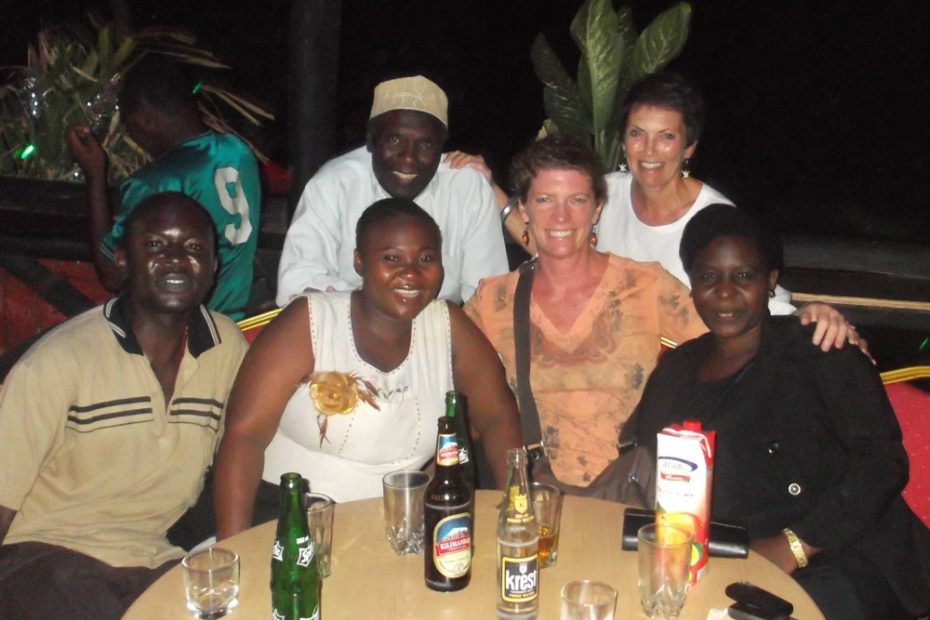
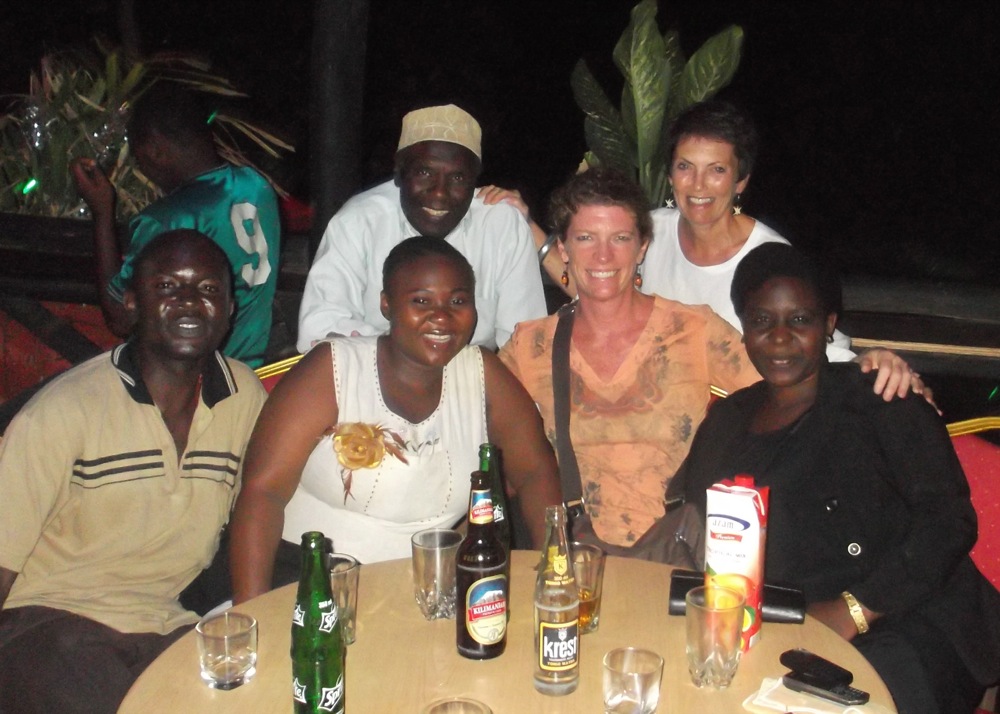
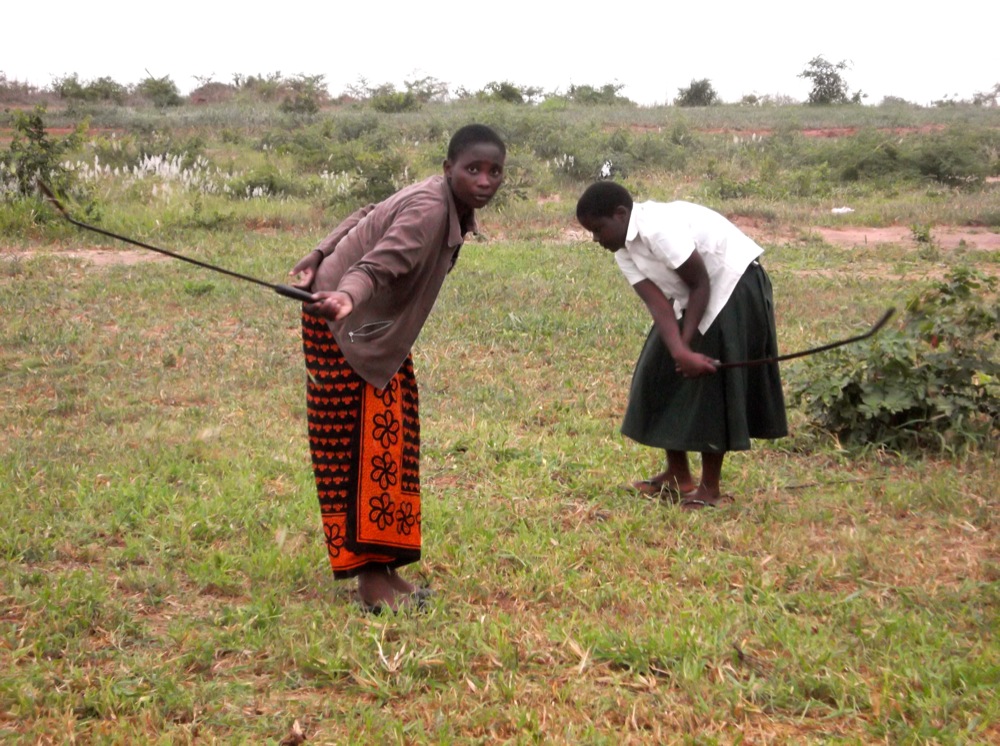
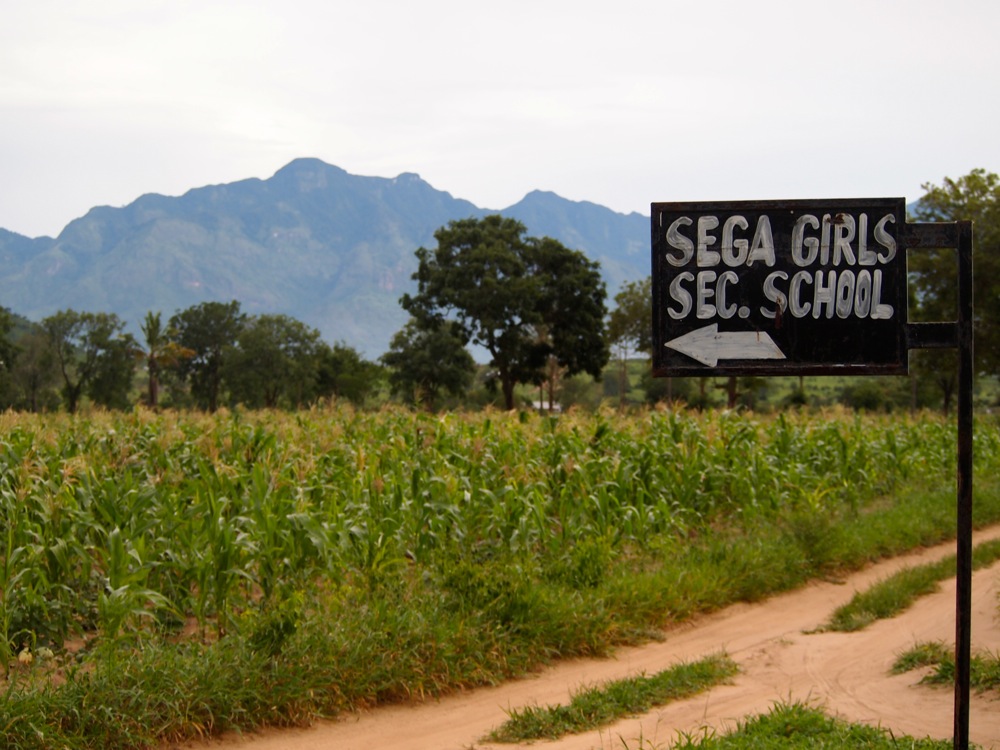
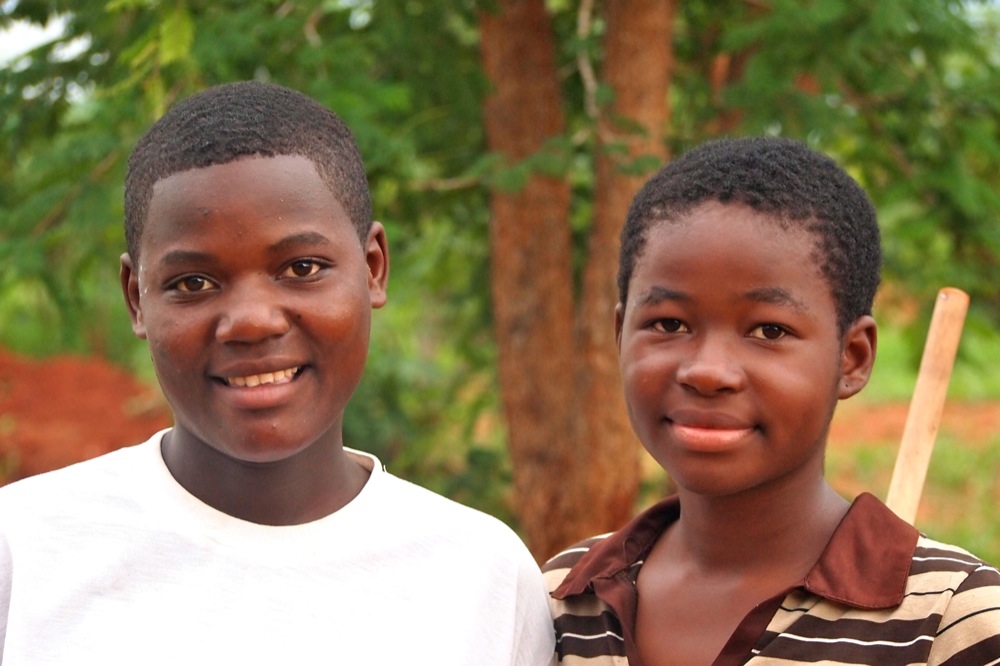
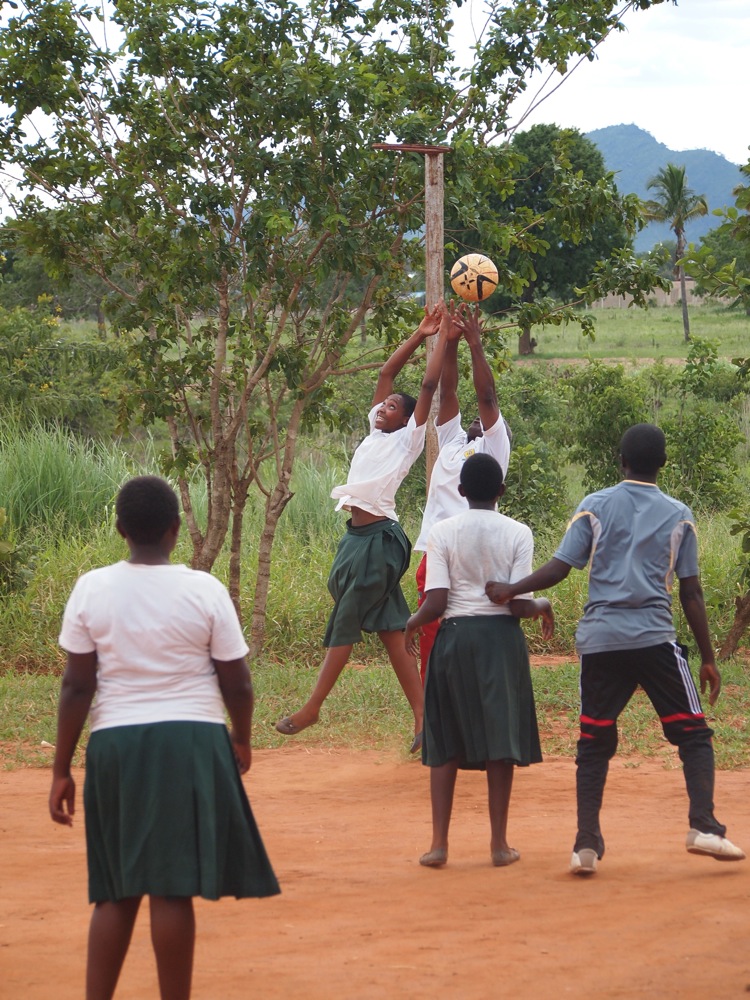

Empowerment of Girls is so important. Thank you April! The last picture on this posting “The Sega School campus” is breathtaking.
April,
I am delighted that you have had such a positive experience.
And, that you are getting to play an encore !
Maybe this Is your kind of music�
David